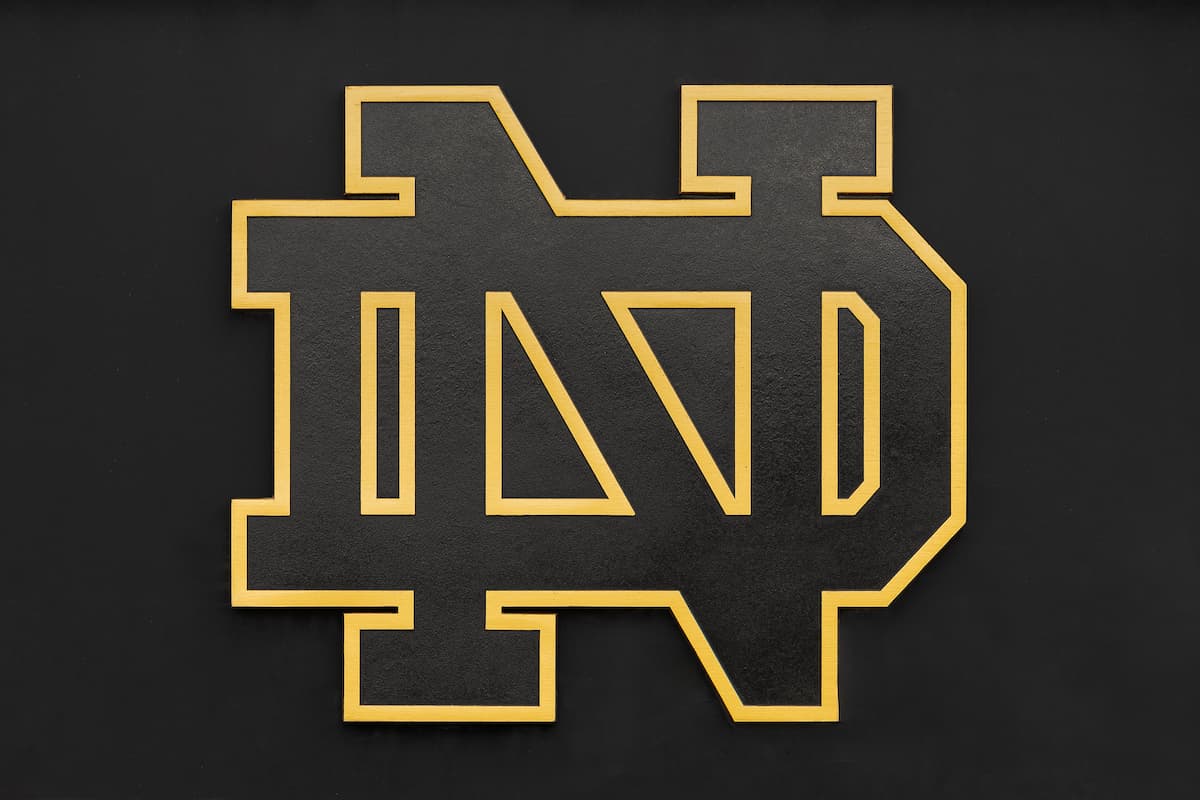His orchestrations gleam, and one place his writing will always be welcome is among orchestral musicians. For the professionals, Arnold’s music carries the feeling that he was on their side. (He was a frequent presence on the podium, particularly leading events like the Concerto for Group and Orchestra, for the Royal Philharmonic Orchestra and the rock band Deep Purple, a crossover milestone written by the band’s organist, Jon Lord.) Before focusing on composition, he was a first-rate trumpeter, eventually gaining the principal chair in the London Philharmonic, and he knew exactly what worked and what didn’t from inside the orchestral organism.
His ability to traverse the sublime and ridiculous is captured on a recent recording by the Liepaja Symphony Orchestra of Latvia, led by John Gibbons, which pairs Arnold’s austere Ninth Symphony with a bizarre Hoffnung piece, the “Grand Concerto Gastronomique” for eater, waiter, food and orchestra.
“There’s a quality in how Arnold’s music reaches audiences,” Gibbons said in an interview. “Even in the Ninth Symphony, which explores a huge range of human emotions, it’s bare enough to fully understand on a first listen.”
The “Gastronomique” is an illuminating snapshot of Arnold the satirist. (The movement called “Roast Beef,” winking at Elgarian nobility, is particularly delicious.) But it’s the Ninth, completed in 1986 and Arnold’s last major compositional statement, that Gibbons wants to re-evaluate.
“It’s not all about grief,” he said — and, indeed, Gibbons’s sprightly tempos have caused consternation in some circles. “Symphonists after Mahler are expected to end in grief and existential angst, but this is more like the serene floating of a composer reflecting on life from his old age.”
The Ninth’s D Major conclusion is unexpectedly sunny, but is it the satisfying arrival we might hope for? The short answer is no — it’s a merely partial resolution, an apt quasi-ending to Arnold’s story, which continues to rumble on bumpily, well into death.





















Discussion about this post